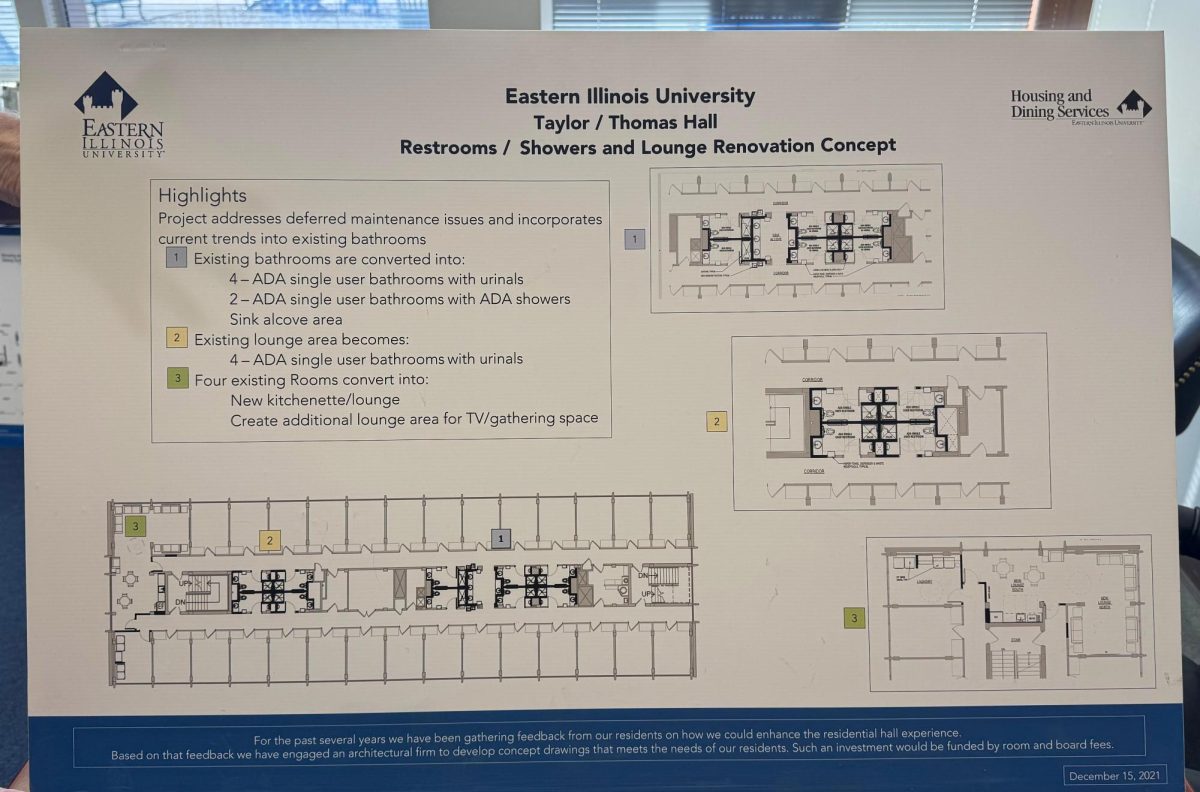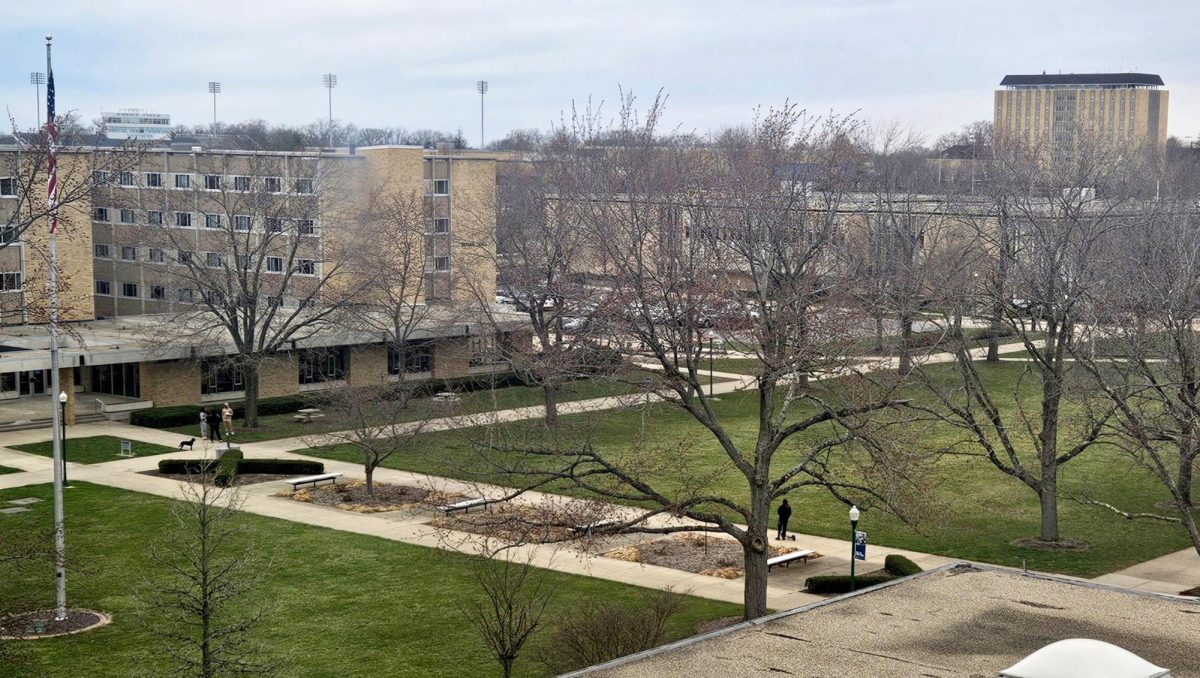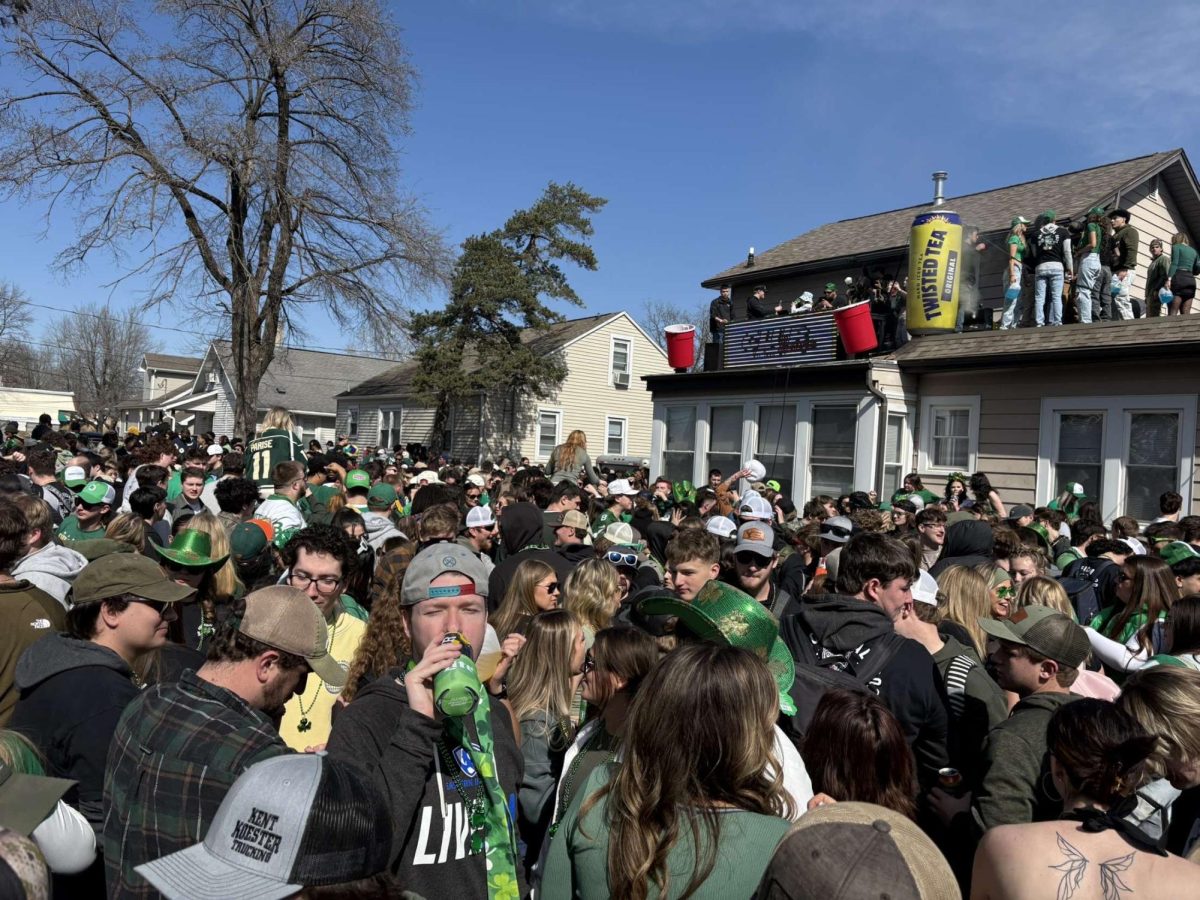Music produced by Artificial Intelligence, or AI, has been growing in popularity over the past year. It has now made its way into the mainstream and into the hands of everyday musicians.
With AI, people now have the power to take the voices of artists that are no longer living and use them to create new songs. More popular though, is when an artist’s voice is used to sing a different artist’s songs.
Musicians are not the only ones doing the singing in the AI music world. Cartoon characters’ voices are also being used to sing covers of popular songs. There are already thousands of different covers of songs by characters like Bart Simpson singing Bad by Micheal Jackson, Toad from Super Mario Bros singing Sia’s Chandelier and SpongeBob singing Someone You Loved by Lewis Capaldi.
A lot of these songs have gotten popular on social media apps such as TikTok, where there are pages dedicated to just posting specific characters singing popular songs. Most of the covers are seen as humorous by those on social media.
Some other accounts have taken the voices of singers and have applied them to other artists’ discography. For example, Micheal Jackson’s voice has been used to sing songs by the artist The Weeknd.
At Eastern, some students have gotten a chance to play around with AI programs on their own time. Testing these programs to see how they can be helpful in creating basic sounds and chords for different projects.
Fifth-year music technology major Zak Wagner often plays around with making some music with AI.
“I’ll ask it to pick some random notes, and try to make a melody out of that,” said Wagner.
Some people are using AI for bases of songs, a couple starting notes to begin the song making process. Using AI as a tool to create new music can be very innovative and lead to new types of sounds. As well as it being an outside the box approach to creating music.
Right now, there are open programs that everyday people can use to create new AI songs at any moment. Accessibility for anyone to create a song artificially has opened a new can of worms for people in the music industry.
With all the fun and entertaining things being created with AI it has also sparked the question: ‘is it legal to take voices of other people and create a song using them?’
As it stands right now most places have not put laws into place restricting the use of AI in music. Normal copyright laws are still in place and can be called upon to see legality in specific cases of copyright infringement.
Although AI is popular, there has been a big boom in a movement to stop artists from using AI in creating content to protect other artists’ jobs. The fear of losing jobs is also a big reason for the actors’ and writers’ strikes that have plagued the TV and film industry recently.
There is a fear building in the music industry as AI has started creating original content, essentially ghost-writing tomorrow’s top songs. Putting a damper on smaller artists trying to start from nothing and make it big.
“It’s always like the industrial revolution,” said Jordan Gomez, a senior psychology major at Eastern, “When people will try to fight against the machine, but the machines always win in the end.”
Although some people still think that human made music outshines AI music. Current versions of AI programs can miss the mark in places when creating music. Some portions of songs can sound natural, but the more complex the sound is, the more trouble AI programs get into trying to produce proper sounds. That unnatural sound brings people back to the original music product of real musicians.
“Some people’s jobs that could be at risk are mixing and mastering engineers,” said Wagner.
A big question that is still left is, ‘is AI just a fad or is it here to stay?’
There is right now not just an industry for AI songs but an industry for AI artists. AI personas that are not real, they are just a fake face to sell their artificially programmed music, that is being auto generated by a team of AI engineers.
There is money being made here from the use of AI to create music. Combined with the benefit of quickness of turning out new songs, AI has streamlined the song making process.
“I don’t think using AI to help make music won’t ever go away,” said Wagner, “But I think that the funny videos with characters like Waluigi singing songs will start to fade away in like a year.”


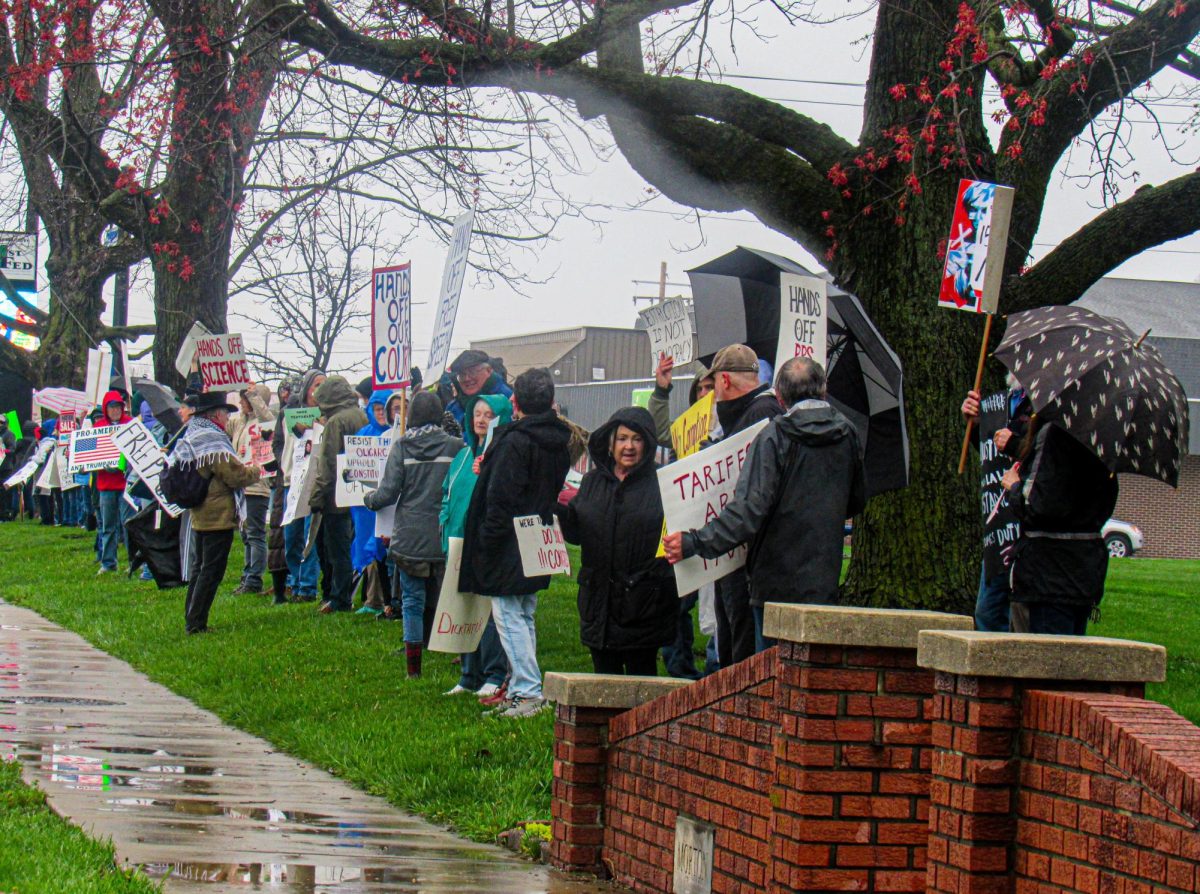
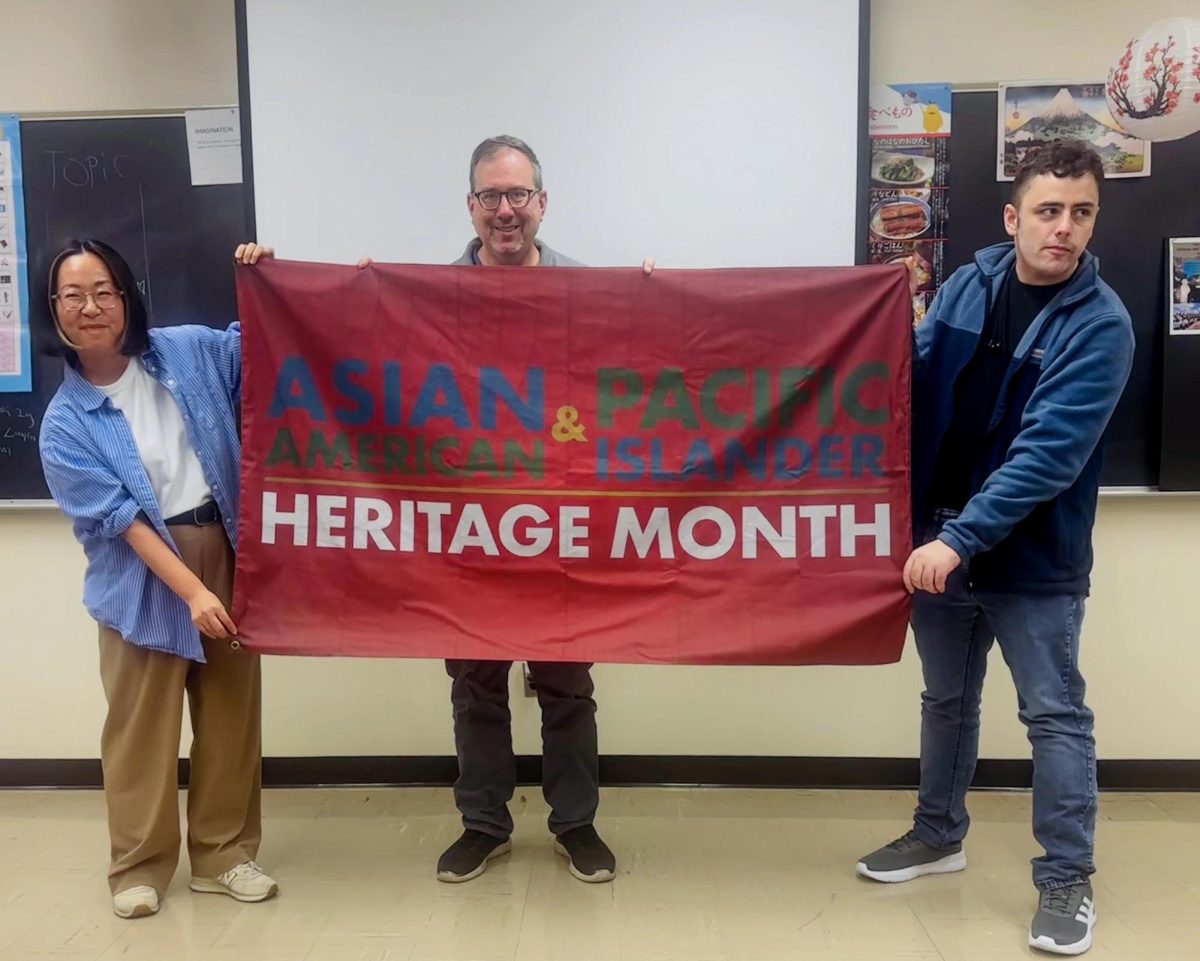


![[THUMBNAIL EDITION] (From left to right) Head football coach Chris Wilkerson works with his son student assistant coach Peyton Wilkerson at football practice at O'Brien Field on the Eastern Illinois University campus on Thursday.](https://www.dailyeasternnews.com/wp-content/uploads/2025/04/FB_25_O-1-e1744234837107-1200x596.jpg)


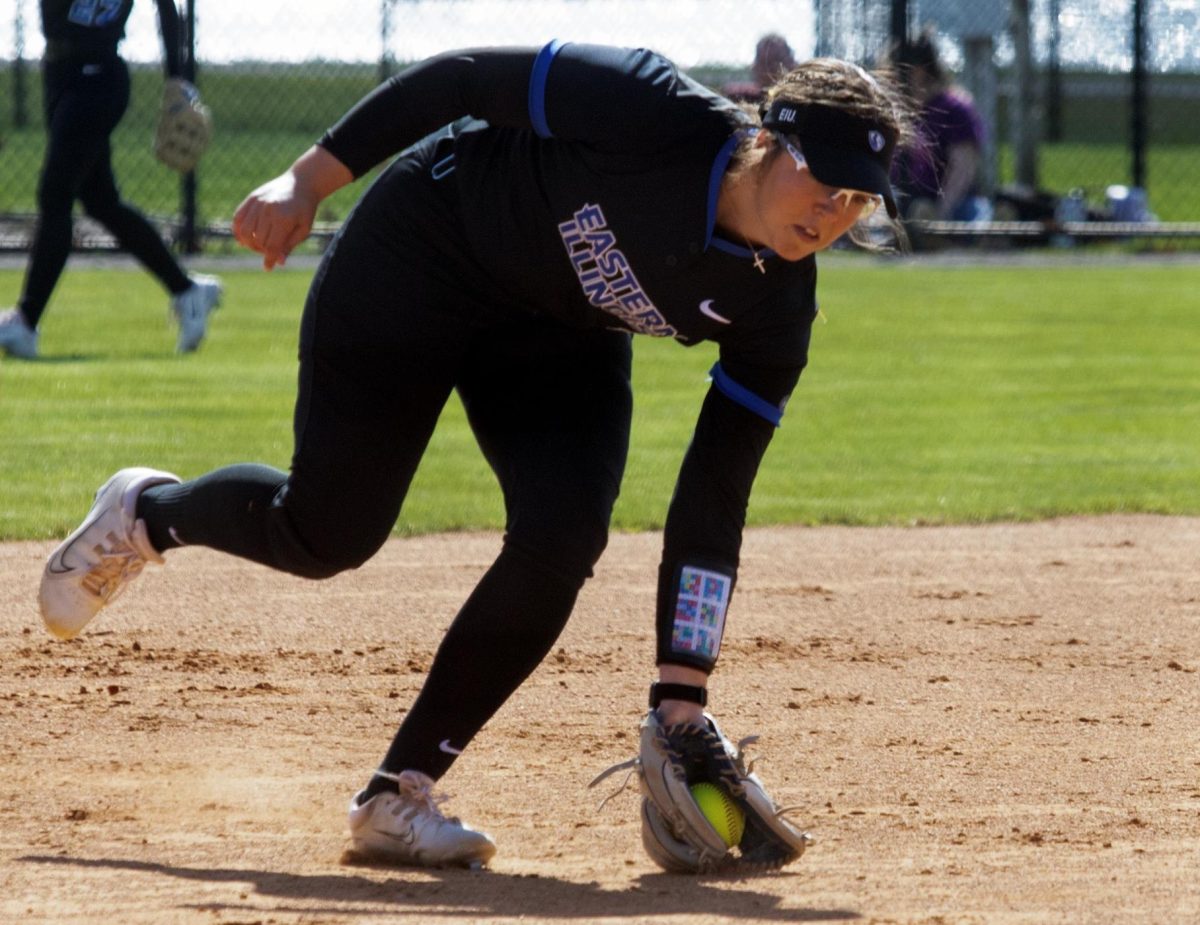

![[Thumbnail Edition] Charleston High School sophomore Railyn Cox pitches the ball during Charleston's 8-7 win over Flora High School on Monday, March 31.](https://www.dailyeasternnews.com/wp-content/uploads/2025/04/SBHS_01_O-1-e1743982413843-1200x1023.jpg)



![[Thumbnail Edition] Senior Foward Macy McGlone, getsw the ball and gets the point during the first half of the game aginst Western Illinois University,, Eastern Illinois University Lost to Western Illinois University Thursday March 6 20205, 78-75 EIU lost making it the end of their season](https://www.dailyeasternnews.com/wp-content/uploads/2025/03/WBB_OVC_03_O-1-e1743361637111-1200x614.jpg)




















![[Thumbnail Edition] Eastern Illinois softball senior infielder Briana Gonzalez resetting in the batter's box after a pitch at Williams Field during Eastern’s first game against Southeast Missouri State as Eastern split the games as Eastern lost the first game 3-0 and won the second 8-5 on March 28.](https://www.dailyeasternnews.com/wp-content/uploads/2025/04/SBSEMO_11_O-1-e1743993806746-1200x692.jpg)

















![The Weeklings lead guitarist John Merjave [Left] and guitarist Bob Burger [Right] perform "I Am the Walrus" at The Weeklings Beatles Bash concert in the Dvorak Concert Hall on Saturday.](https://www.dailyeasternnews.com/wp-content/uploads/2025/03/WL_01_O-1200x900.jpg)












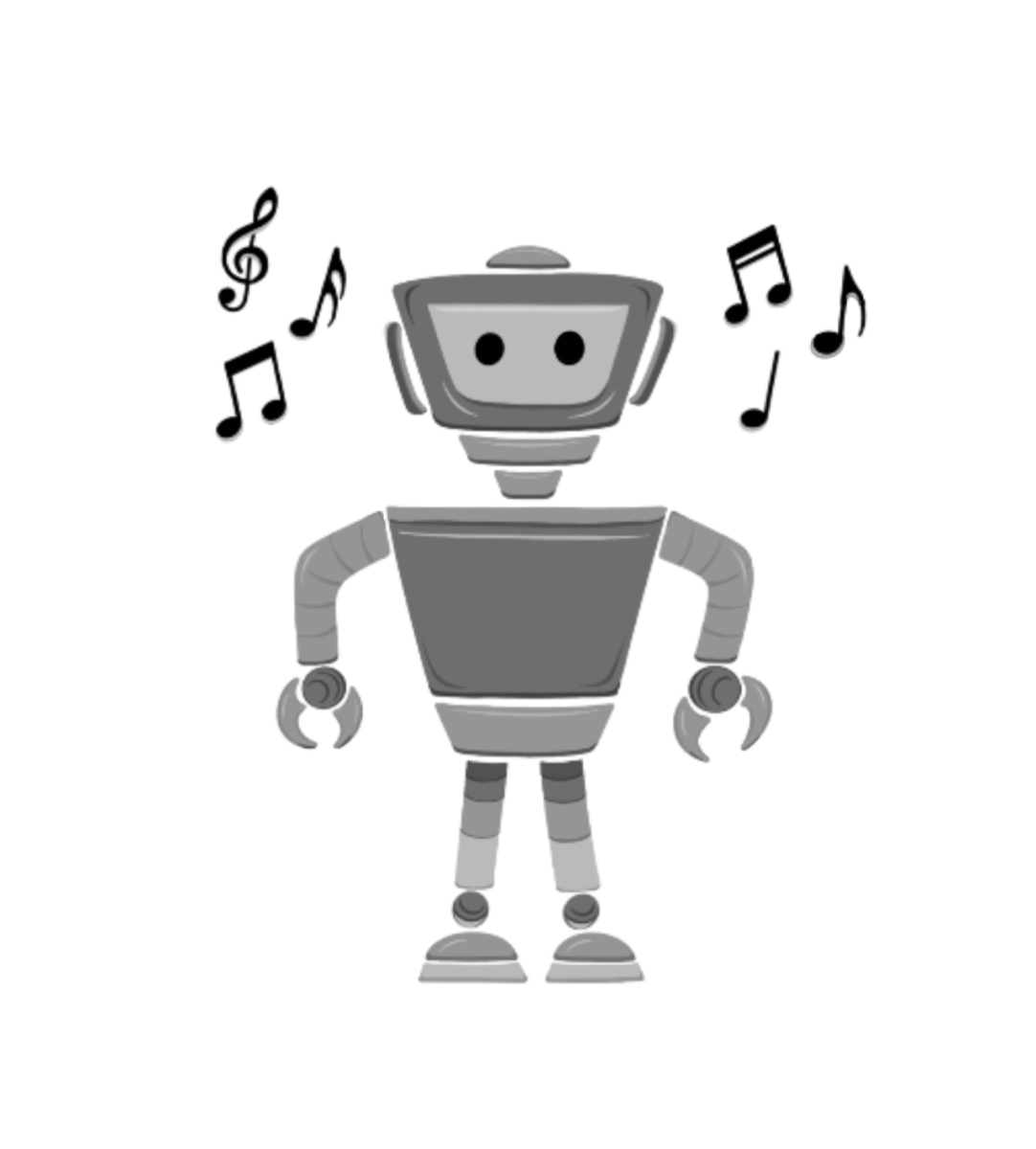


![[Thumbnail Edition] Eastern Illinois University President Jay Gatrell welcoming staff and faculty to the Spring 2025 Plan 2028 update in Doudna Fine Arts Center on March 26, 2025.](https://www.dailyeasternnews.com/wp-content/uploads/2025/03/P2028_01_O-1-e1743206673730-1200x560.jpg)
